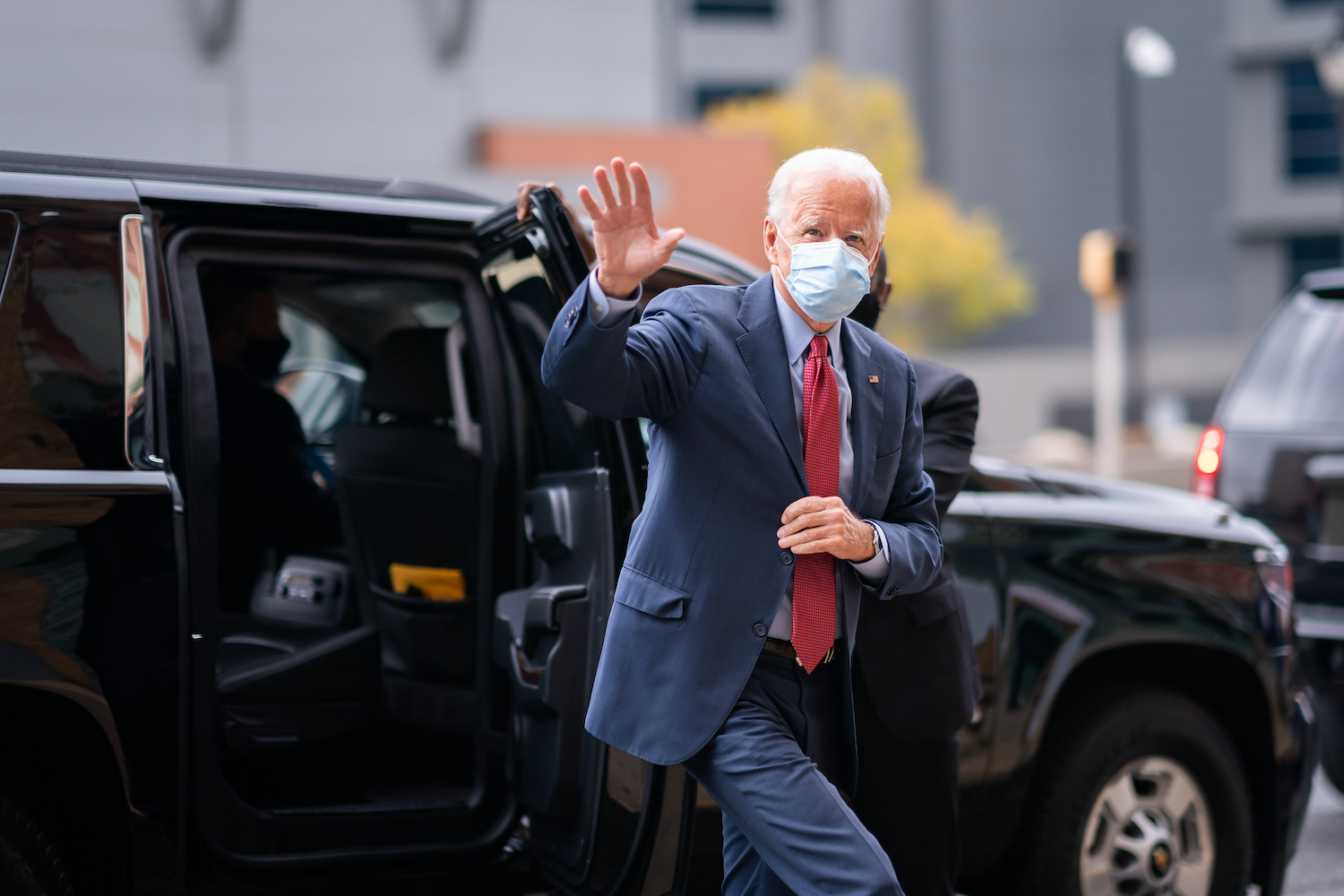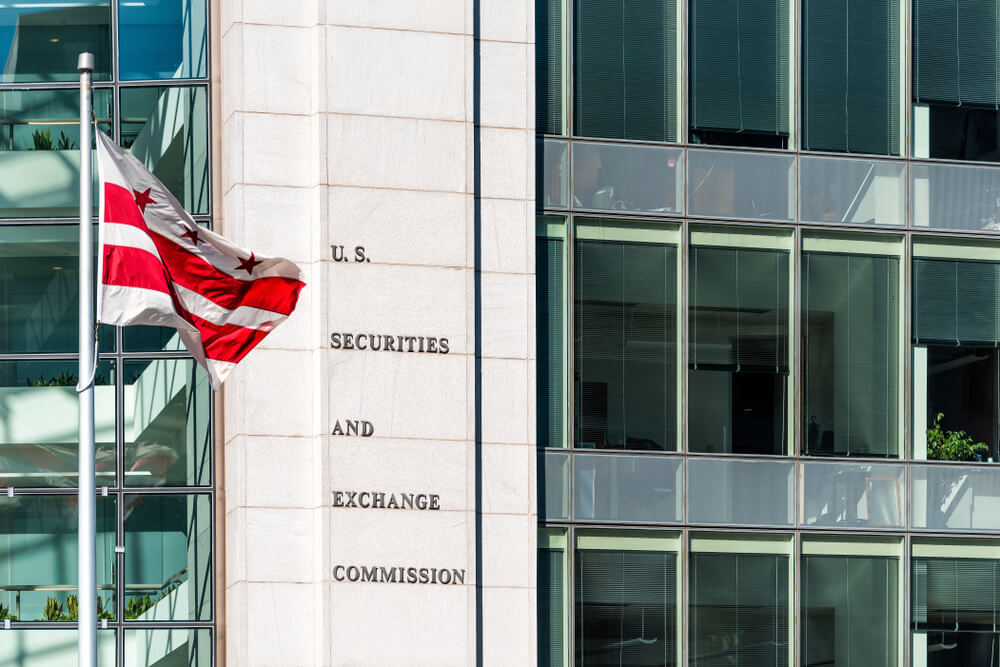ImpactAlpha, Apr. 8 – More than 50 business leaders and investor groups are calling on the Biden-Harris administration to implement new rules and incentives to reform American capitalism for the long term.
The effort, led by B Lab and the U.S. Impact Investing Alliance, is seeking structural reforms in the capital markets and expanded community investing to complement the administration’s already ambitious efforts to address the economic recovery, racial equity and climate change.
Among the signatories are the Coalition for Inclusive Capitalism, CREO Syndicate, Imperative 21, Nonprofit Finance Fund, Social Finance, Interfaith Center on Corporate Responsibility and Toniic Institute.
The coalition is calling for the creation of a White House Initiative on Inclusive Economic Growth to be housed within the National Economic Council. They may be knocking on an open door: the head of the council is Brian Deese, who was head of sustainable investing at BlackRock after serving as an advisor to President Obama (see, “Agent of Impact: Brian Deese”). Before he joined the administration, Deese told Morning Brew’s Kinsey Grant that government action will define “the speed and the trajectory of the transition to a low-carbon economy,” and its economic impacts.
Government policy has long been seen as a necessary complement to the emerging “stakeholder capitalism.” The coordinated policy advocacy represents a new front for business leaders and investors who have tried – largely by necessity – to practice voluntary action to drive positive social and environmental change.
“What has shifted is a recognition that some of the challenges that we face are systemic in nature and therefore they require a change in the rules of the game for everybody,” says Andrew Kassoy of B Lab, the nonprofit behind the “B Corp” certification that attests to the adoption of stakeholder practices by now more than 4,000 companies.
Auspicious timing
The time may be right for such reforms. Business leaders increasingly show willingness, if not readiness, to take into account the interests of employees and communities and other stakeholders. Even before the pandemic, the CEOs of Apple, IBM, Johnson & Johnson, JP Morgan Chase and nearly 200 other CEOs of the Business Roundtable committed to redefining ‘corporate purpose’ to include customers, workers, communities and suppliers, along with shareholders.
Business leaders have been further pressed to act in the wake of the pandemic, sustained racial injustices and recent voter suppression efforts. After public pressure, more than 200 corporations released a statement opposing “hundreds of bills threatening to make voting more difficult in dozens of states nationwide.”
In his annual letter to JPMorgan Chase shareholders, CEO Jamie Dimon yesterday sounded the alarm on the future of American prosperity. “We prioritized shareholder interests and sometimes narrow self-interests over creating broader opportunity for all in America,” Dimon said. “Good government and the guardrails of properly designed laws and regulation have always been necessary for the process to work fairly and efficiently.”
At the event to launch the White House campaign, Ford Foundation’s Darren Walker called this “an historic moment.” The Biden-Harris administration has already indicated, he said, “that they mean business about inclusive growth” and “that equity will be a hallmark of their agenda. Walker says the Biden administration officials leading the economic agenda – including Susan Rice and Cecilia Rouse as well as Deese – “are people who have track records and careers dedicated to building an economy that is more inclusive.”
Rules of the road
Impact investors stepped up to help finance small businesses hit by COVID-19, says Fran Seegull, who leads the U.S. Impact Investing Alliance. “We must do more,” says Seegull. “And we need leadership from Washington to get there.”
The coalition, which began to form during the presidential transition, has submitted a signed proposal to the administration detailing its requests. Foundation leaders signed a letter of support addressed directly to Deese. Seefull says coalition members are engaged with congressional offices and members of the administration to share the vision and build support for the initiative inside the White House.
The coalition wants to see changes in rules and incentives governing corporate and capital markets disclosure and governance; climate finance; and support for community-based lending institutions, including the modernization of the Community Reinvestment Act. Each, according to the proposal, requires coordination across both policy priorities and numerous government agencies.
By harnessing the power of business, coalition members have attempted to accelerate a culture shift in the purpose of capitalism, says Kassoy. “B Corps and businesses like them, and the impact investors that invest in them, can’t create an inclusive economy in a system where the norms and the rules of shareholder primacy work against them.”
In other words, he adds, “you can’t have stakeholder capitalism if you don’t have stakeholder governance.”











